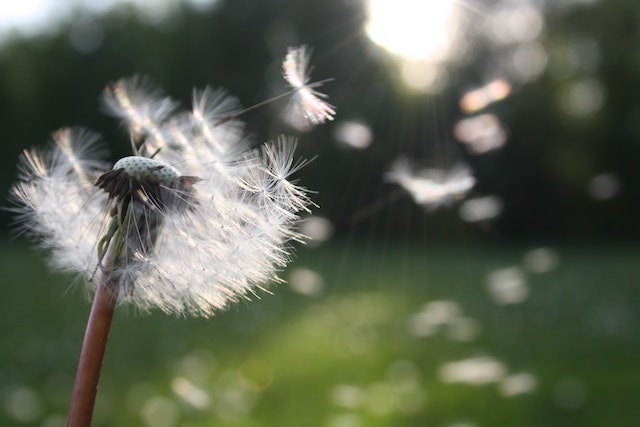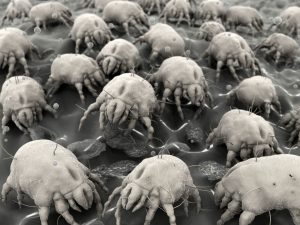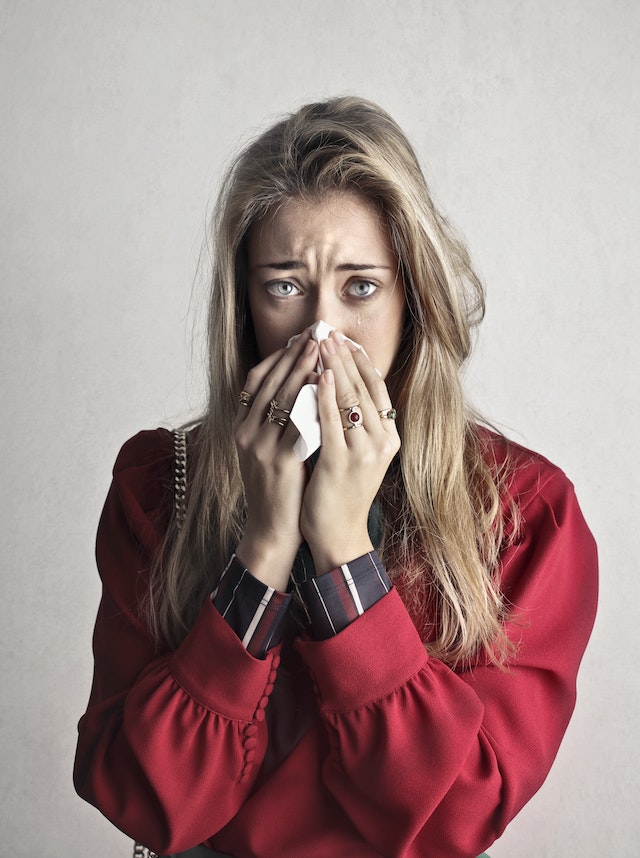Call Today to Schedule an Appointment: 212-319-5282
Seasonal Allergies: How to Identify and Manage Common Triggers
If you’re one of the millions of people who suffer from seasonal allergies, you know how frustrating and uncomfortable it can be. The good news is that with the help of an allergist like Dr. Boyan Hadjiev, you can identify your triggers and manage your symptoms more effectively. In this blog post, we’ll explore some common seasonal allergy triggers and how to manage them.

What are seasonal allergies?
Seasonal allergies are a type of allergic rhinitis, also known as hay fever, that is triggered by environmental allergens such as pollen, mold spores, and dust mites. Symptoms can include sneezing, runny or stuffy nose, itchy eyes and throat, and fatigue.
Identifying your triggers
The first step in managing your seasonal allergies is to identify your triggers. This can be done through allergy testing, which can be done through a skin prick test or a blood test. Once you know what you’re allergic to, you can take steps to avoid or reduce your exposure to those allergens.
Common seasonal allergy triggers
Pollen
Pollen is a common trigger for seasonal allergies, particularly in the spring and fall. Trees, grasses, and weeds release pollen into the air to fertilize other plants, and when you breathe it in, it can trigger an allergic reaction.
Mold spores
Mold spores are another common trigger for seasonal allergies, particularly in the spring and summer. Mold thrives in warm, humid environments, and can be found both indoors and outdoors.
Dust mites
Dust mites are a common trigger for year-round allergies. These microscopic creatures live in household dust and can trigger allergies when their waste and dead bodies become airborne.

Managing your symptoms
Once you’ve identified your triggers, there are several steps you can take to manage your symptoms.
Avoid allergens
The best way to manage your seasonal allergies is to avoid exposure to your triggers as much as possible. This may involve staying indoors on high pollen days, using air conditioning instead of opening windows, and keeping your home clean and free of dust.
Take medications
Over-the-counter medications such as antihistamines, decongestants, and nasal corticosteroids can help relieve your allergy symptoms. Dr. Hadjiev can work with you to determine which medications are best for your specific symptoms and medical history.

Consider immunotherapy
Immunotherapy, also known as allergy shots or sublingual immunotherapy, can help desensitize you to your allergens over time. This involves regular injections or oral drops that gradually expose you to increasing amounts of your allergens, with the goal of reducing your sensitivity and symptoms over time.
Seasonal Allergies: Identifying & Managing Triggers: Conclusion
Seasonal allergies can be a frustrating and uncomfortable condition, but with the help of an allergist like Dr. Boyan Hadjiev, you can identify your triggers and manage your symptoms more effectively. By avoiding allergens, taking medications, and considering immunotherapy, you can reduce your symptoms and improve your quality of life.
If you’re in the New York City area and looking for a knowledgeable and experienced allergist, schedule an appointment with Dr. Sneeze, Dr. Boyan Hadjiev today!
Allergy, Asthma and Sinusitis P.C
Boyan Hadjiev, MD
30 East 40th Street
(Btwn Madison and Park)
Suite 1200
New York, NY 10016
212-319-5282
Serving all of New York City and the Tri State Area including Zip Codes: Top Allergist NYC Midtown, Chelsea and Clinton: 10001, 10011, 10018, 10019, 10020, 10036 | Gramercy Park and Murray Hill: 10010, 10016, 10017, 10022 | Greenwich Village and Soho: 10012, 10013, 10014 | Lower Manhattan: 10004, 10005, 10006, 10007, 10038, 10280 | Lower East Side: 10002, 10003, 10009 | Upper East Side: 10021, 10028, 10044, 10128 | Upper West Side: 10023, 10024, 10025
